Mathematics can sometimes be a tricky subject, but understanding algebra and algebraic thinking can make it a lot easier. Whether you’re a student or just someone looking to brush up on your math skills, mastering algebra is a valuable skill to have.
Algebra is all about using letters (variables) to represent numbers and figuring out how they interact with each other. This branch of mathematics is crucial for solving equations, simplifying expressions, and understanding patterns in numbers.
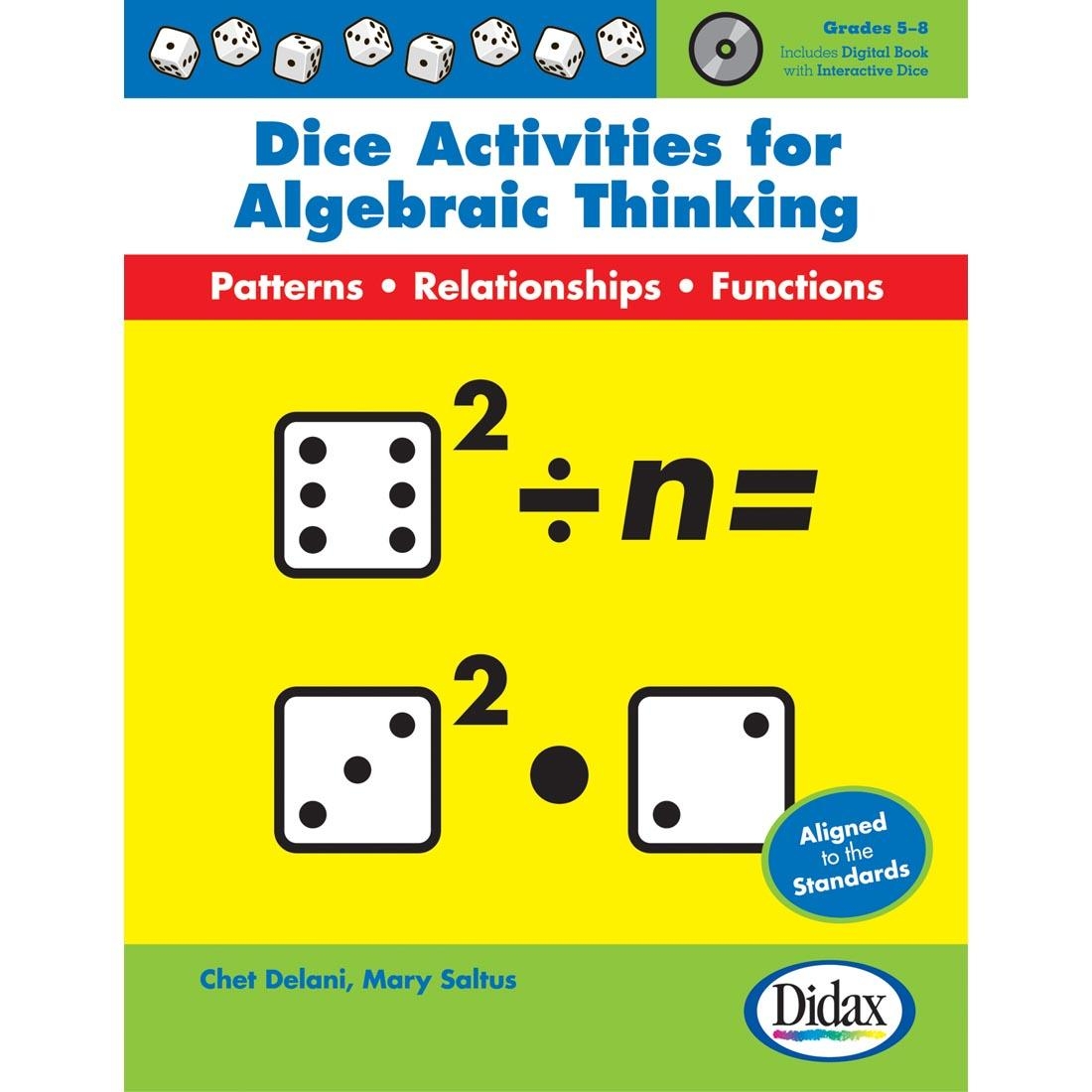
algebra and algebraic thinking
Exploring the Basics of Algebra and Algebraic Thinking
When you start learning algebra, you’ll encounter concepts like variables, constants, coefficients, and operations such as addition, subtraction, multiplication, and division. These building blocks help you create algebraic expressions and equations to solve problems.
One key aspect of algebraic thinking is the ability to analyze and interpret patterns and relationships in numerical data. This skill is essential for making predictions, identifying trends, and making informed decisions based on mathematical reasoning.
As you delve deeper into algebra, you’ll encounter more advanced topics like linear equations, quadratic equations, polynomials, and functions. These concepts provide a solid foundation for tackling more complex mathematical problems and real-world applications.
By developing your algebraic thinking skills, you’ll not only improve your problem-solving abilities but also enhance your critical thinking and logical reasoning skills. So, don’t be intimidated by algebra—embrace it as a tool that can help you navigate the world of numbers with confidence and precision.
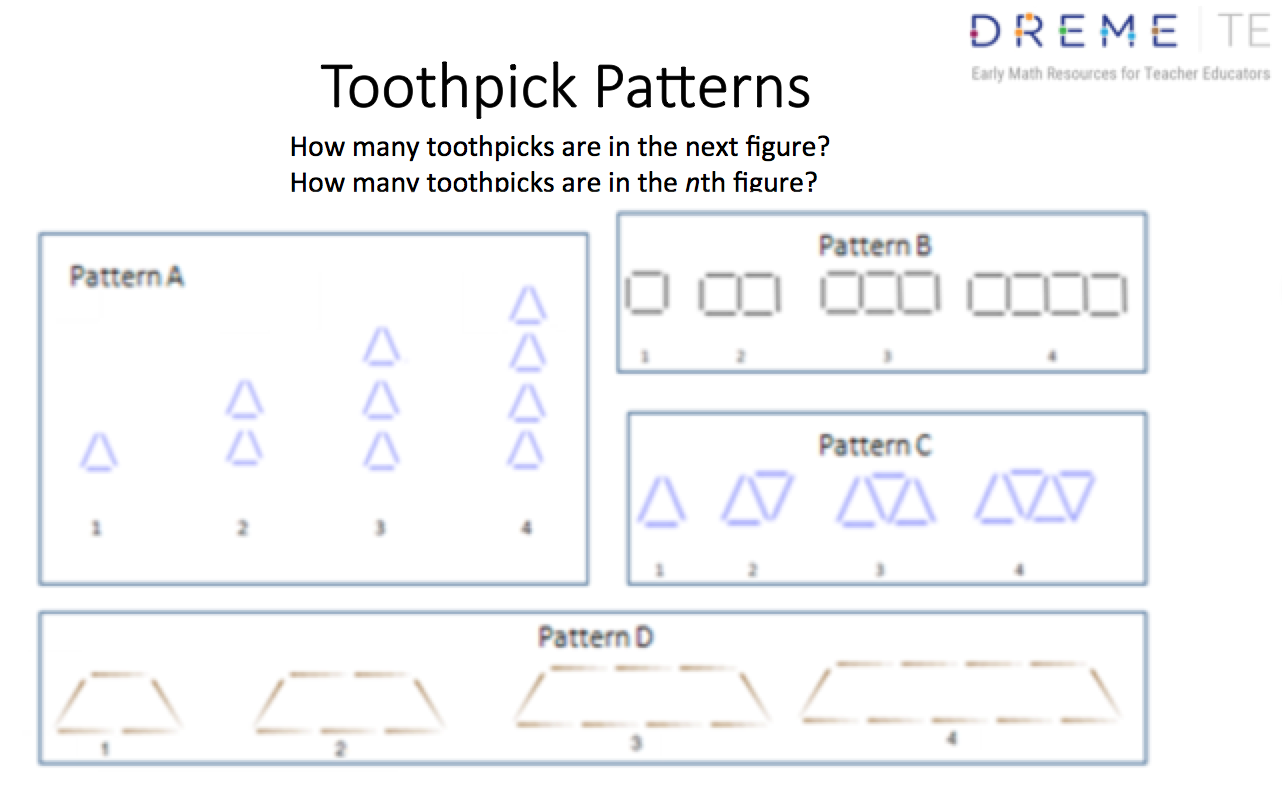
Teaching Algebraic Thinking To Young Children DREME TE
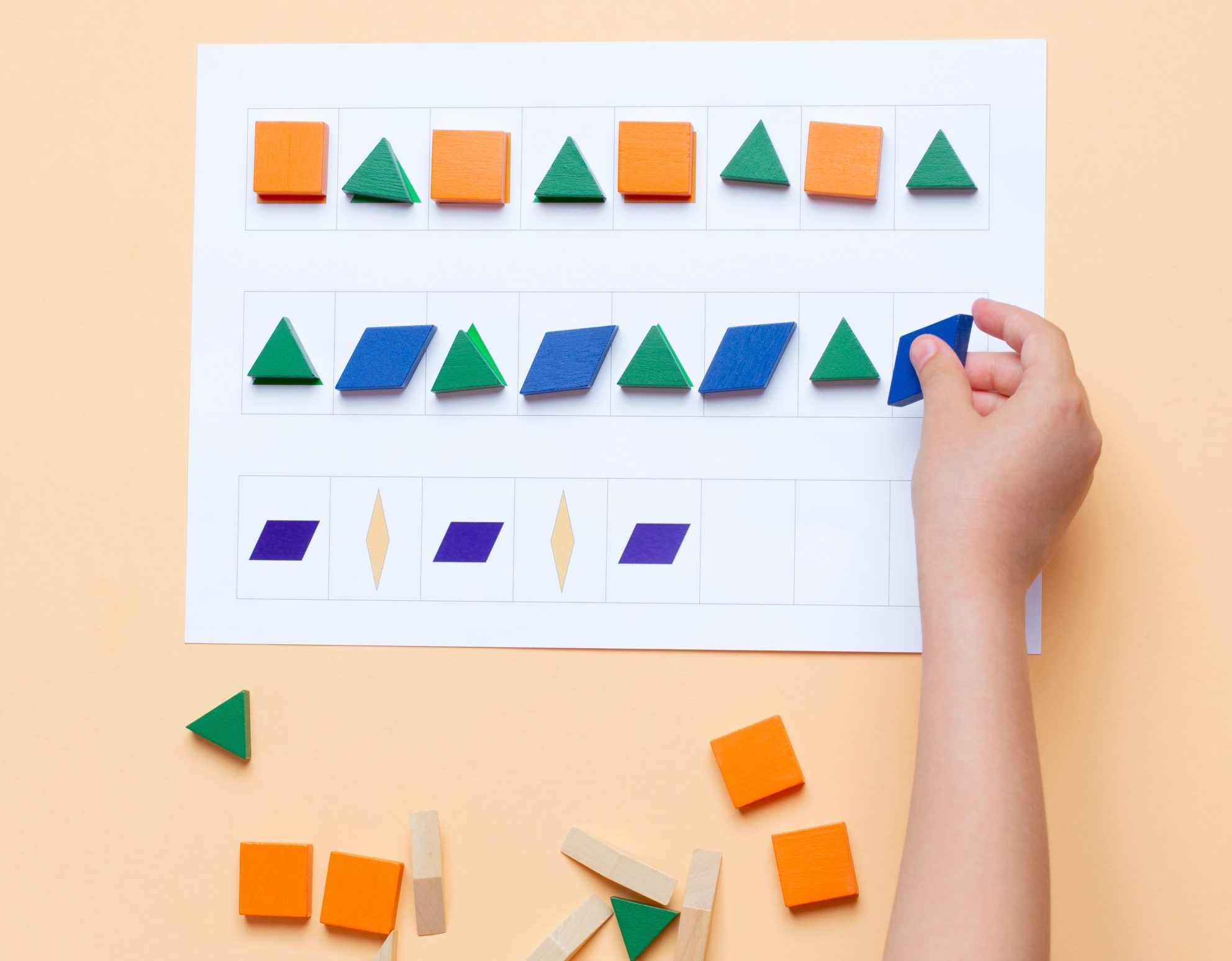
Teaching Young Children Pattern And Algebra Skills DREME
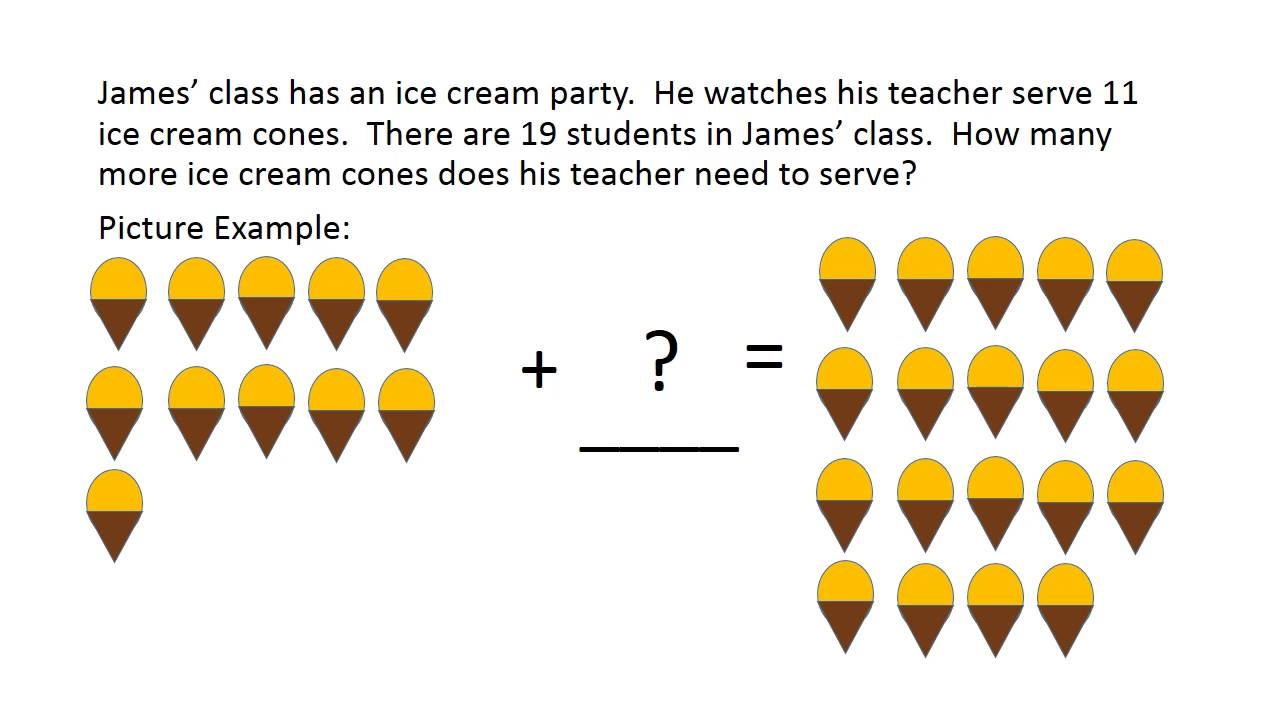
2OAA1 2nd Grade Math Operations Algebraic Thinking Common Core YouTube
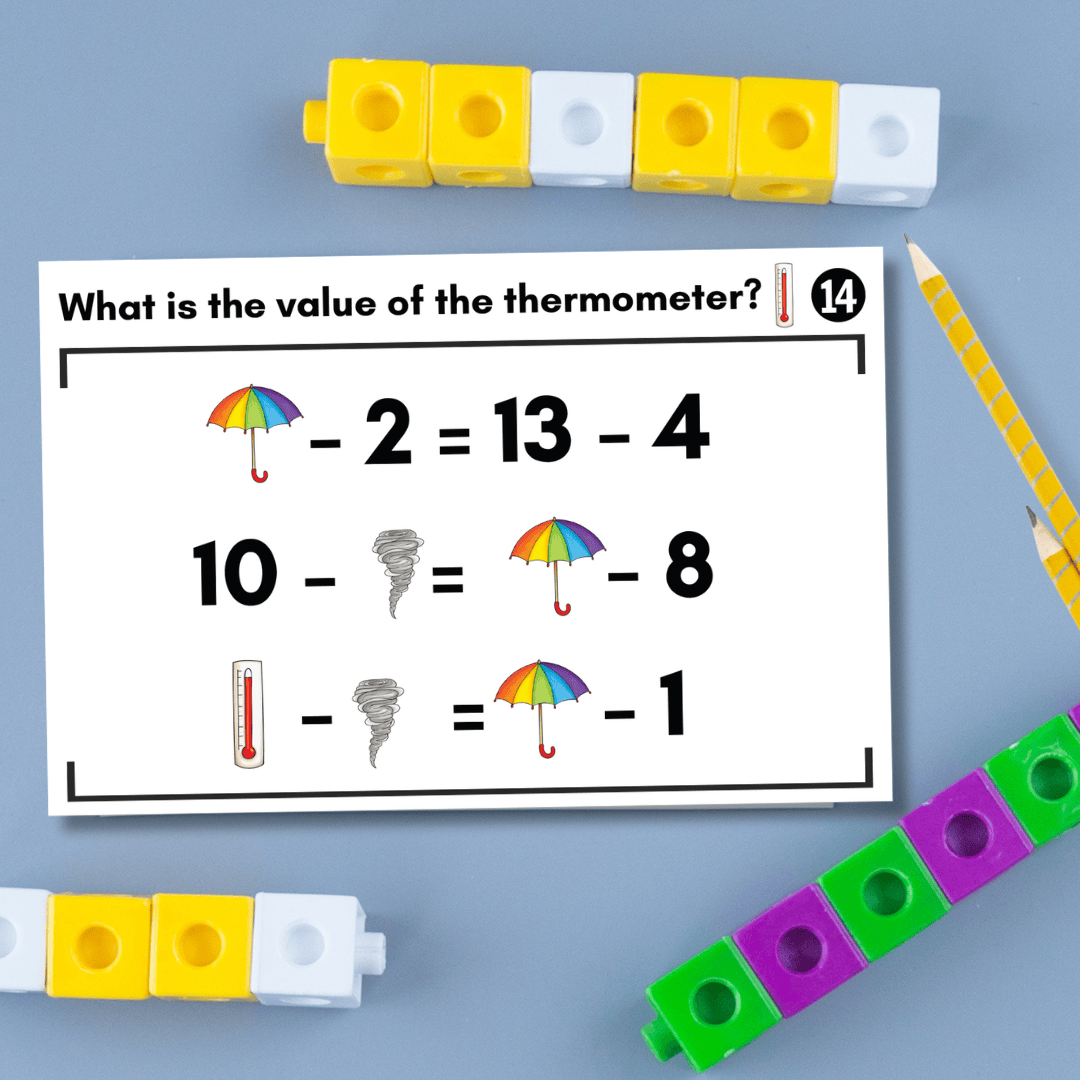
Algebra In Elementary Matters The Brown Bag Teacher
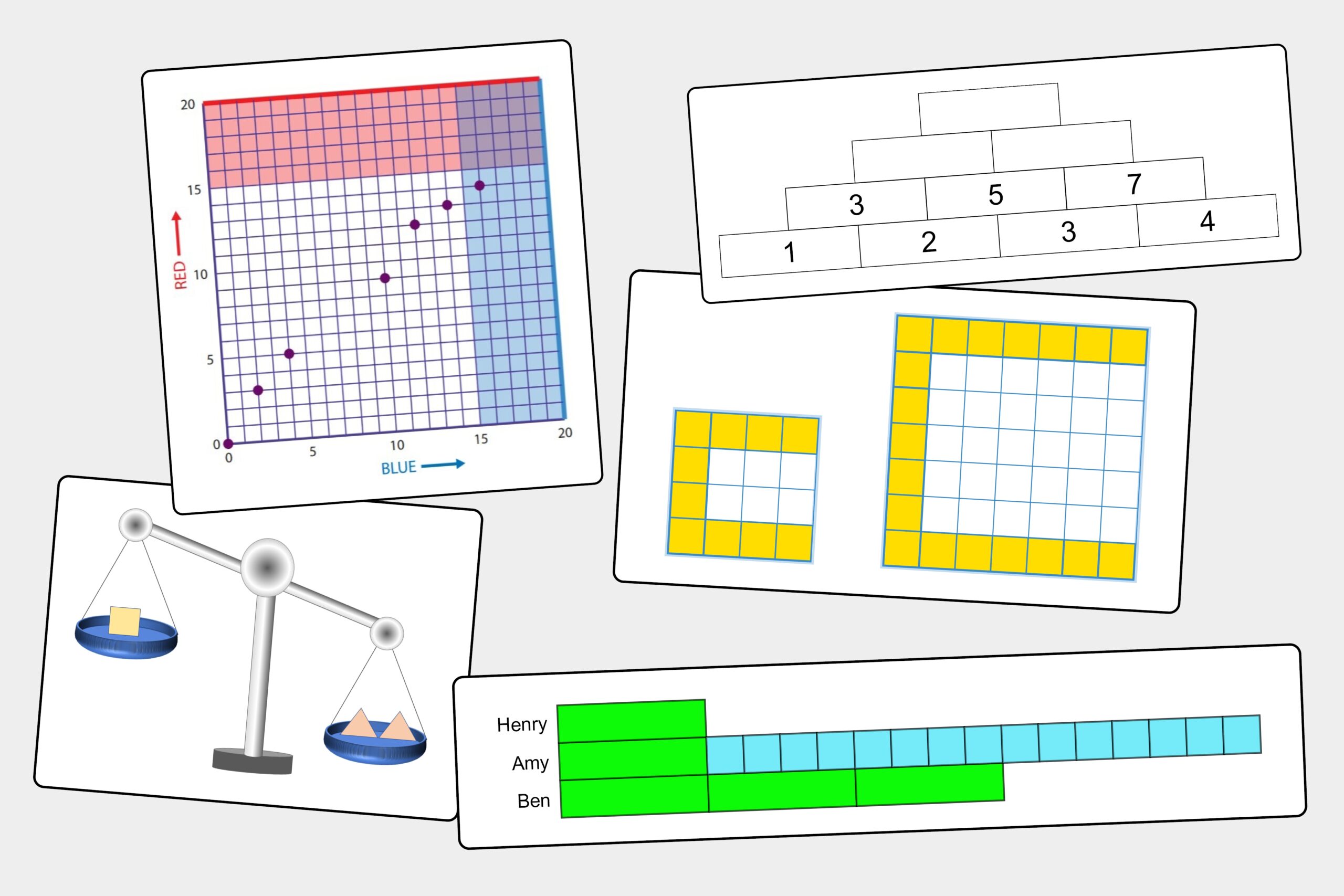
Algebraic Thinking NCETM